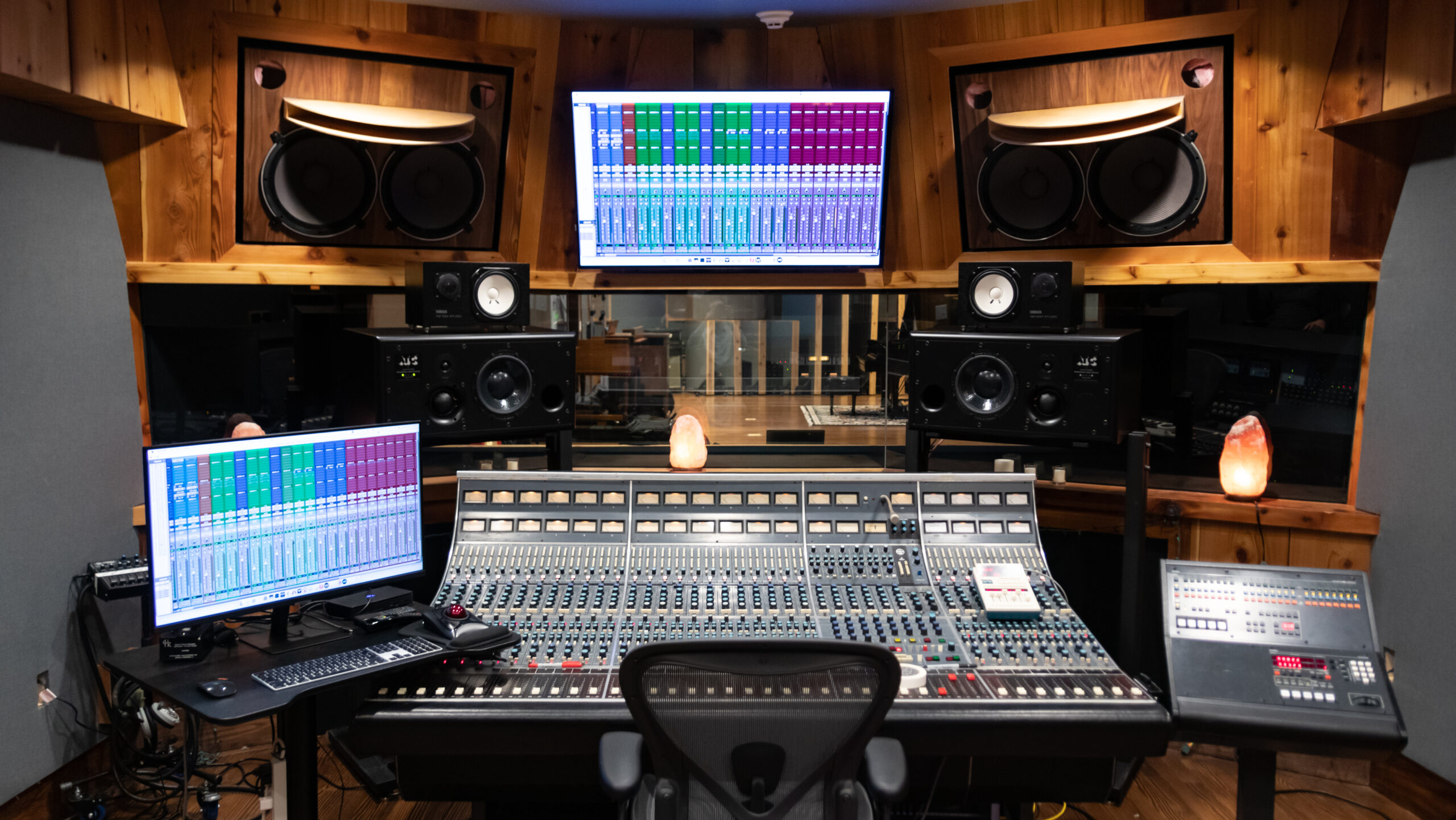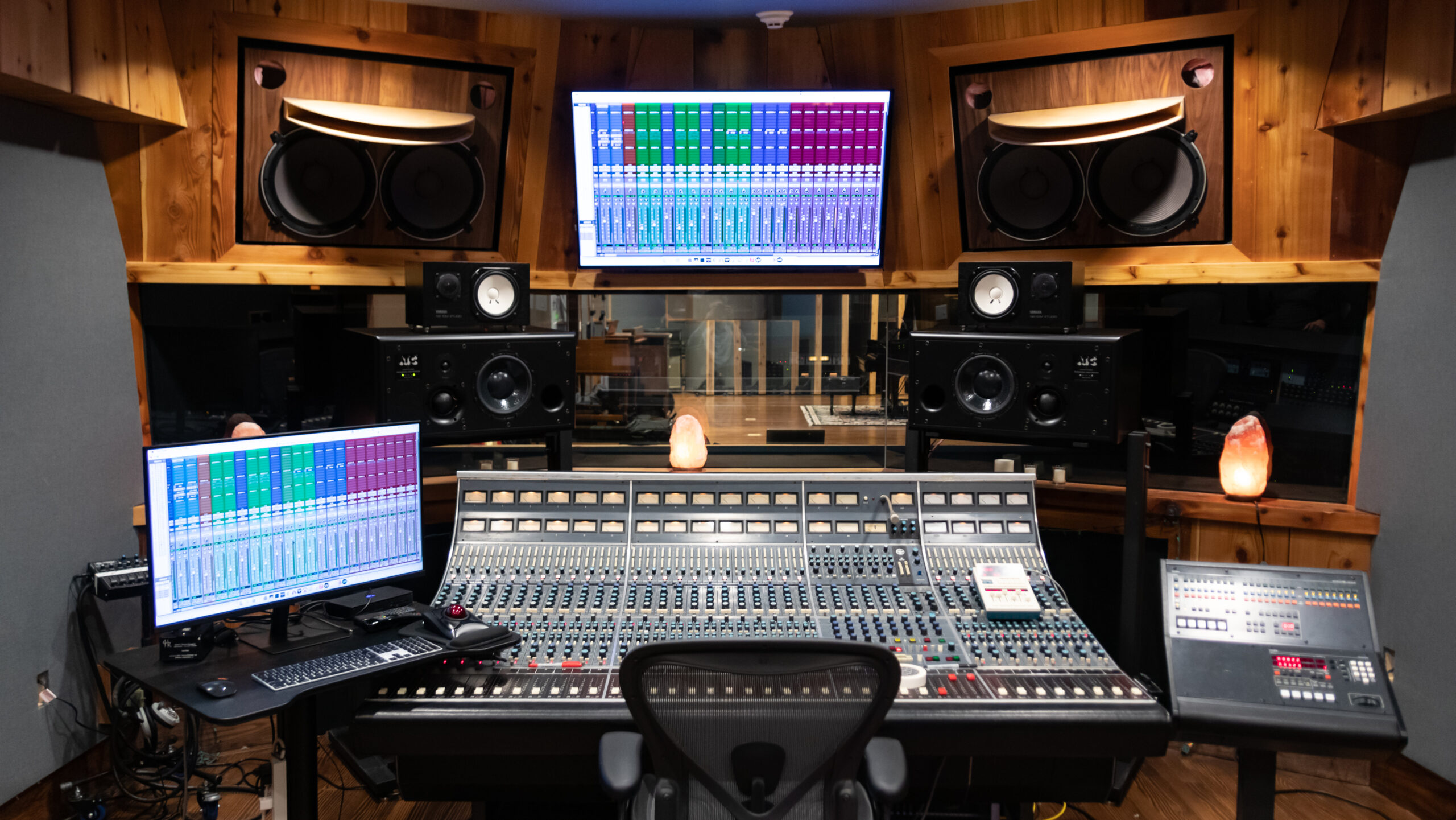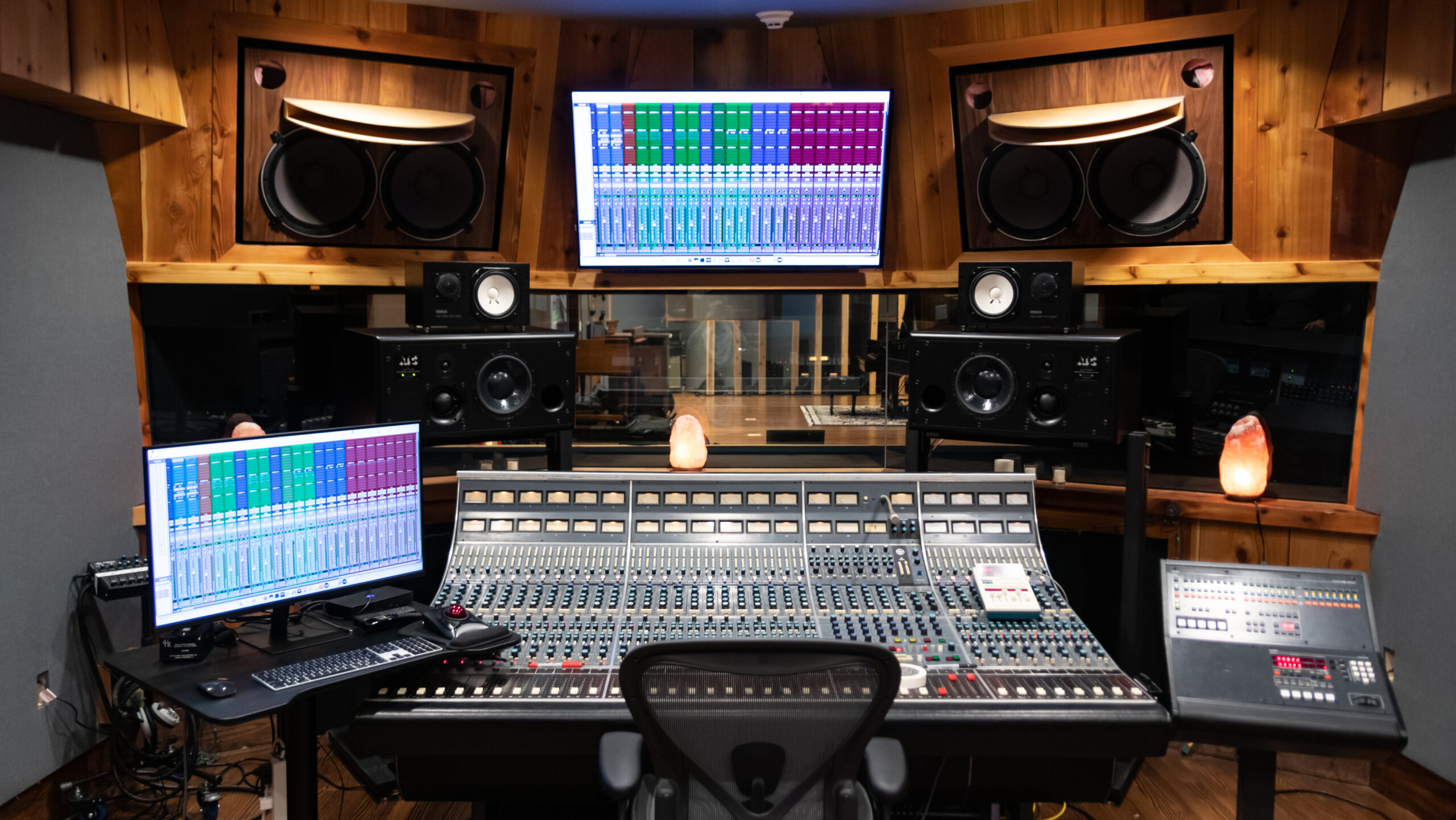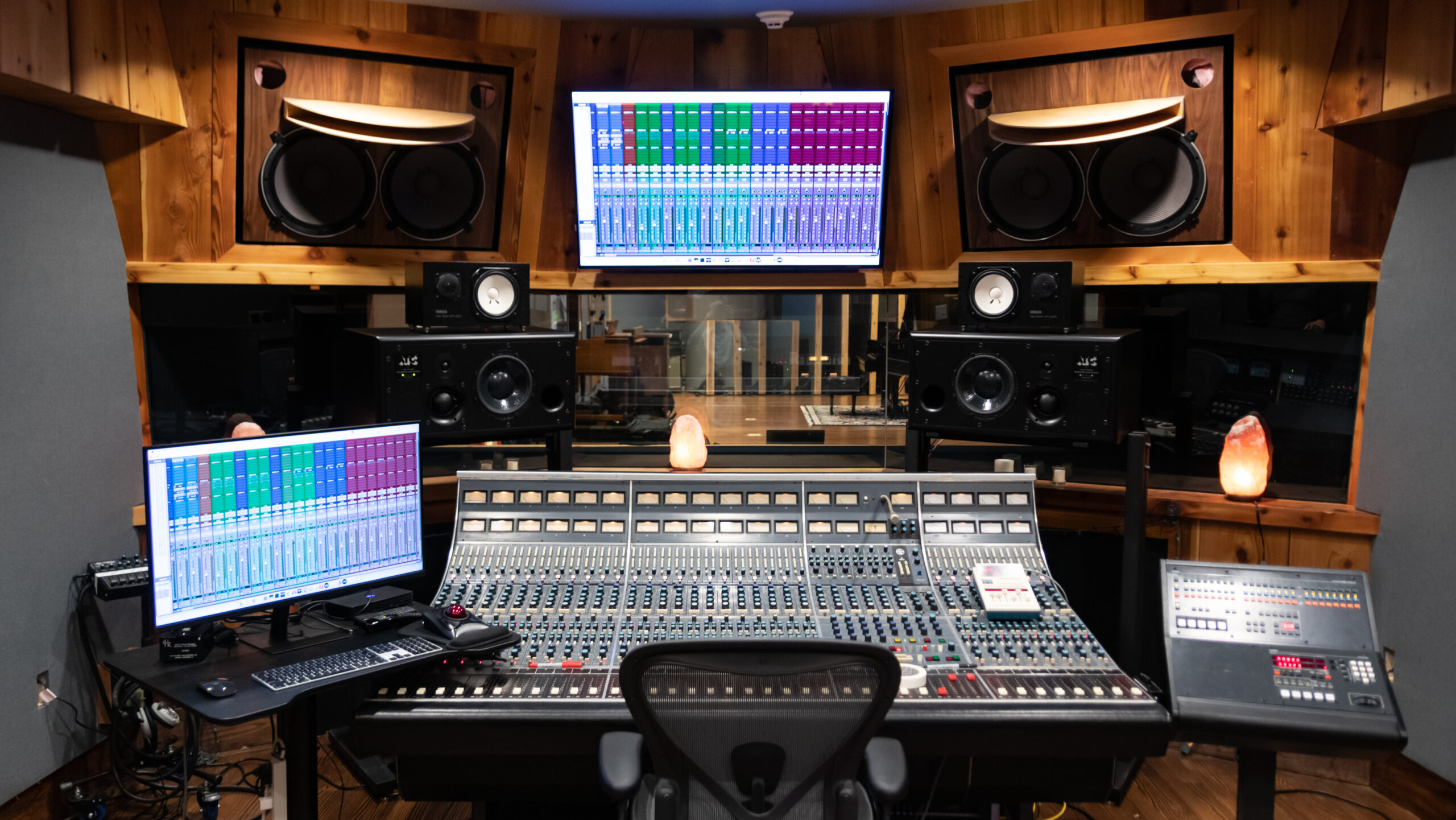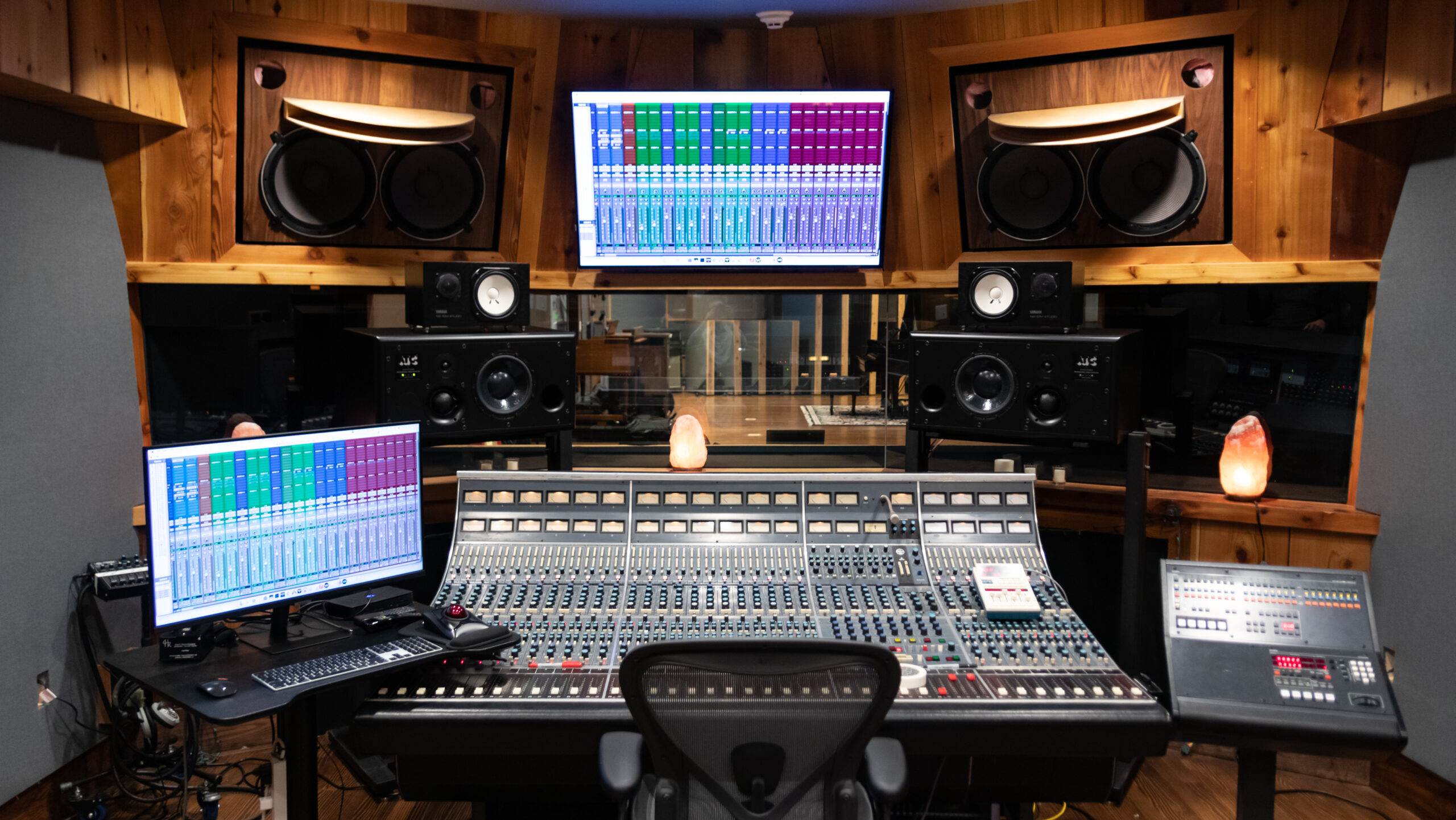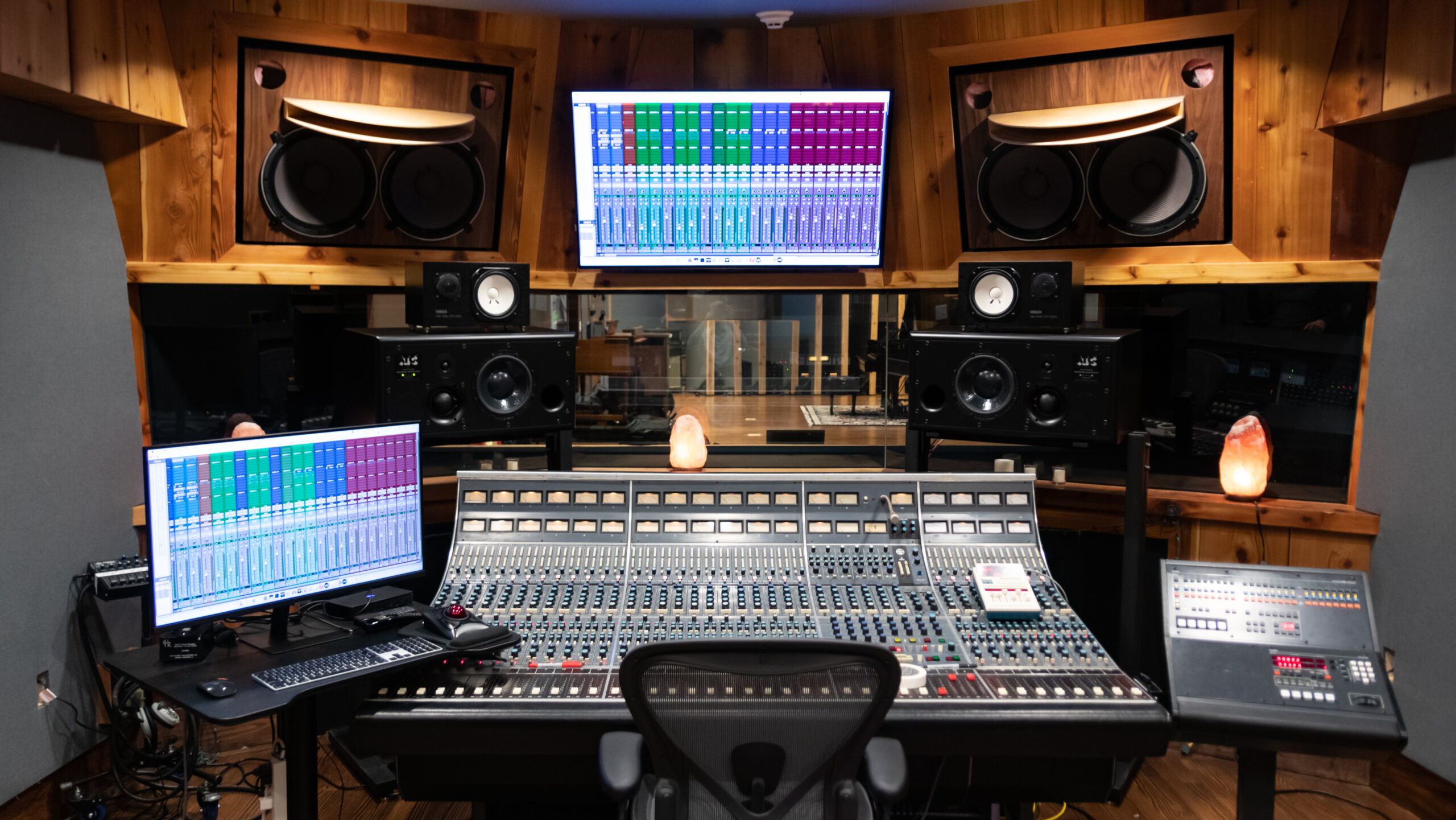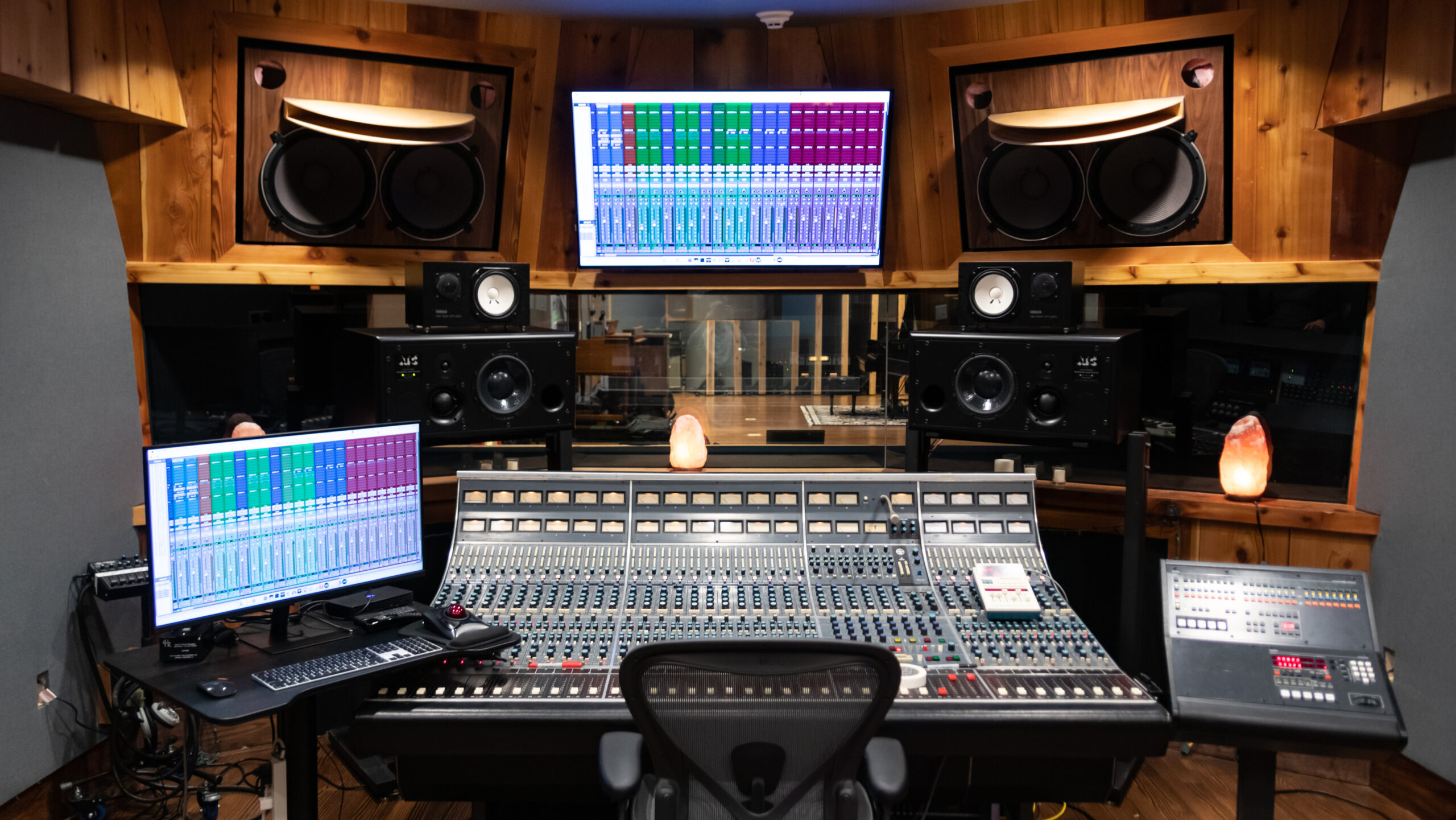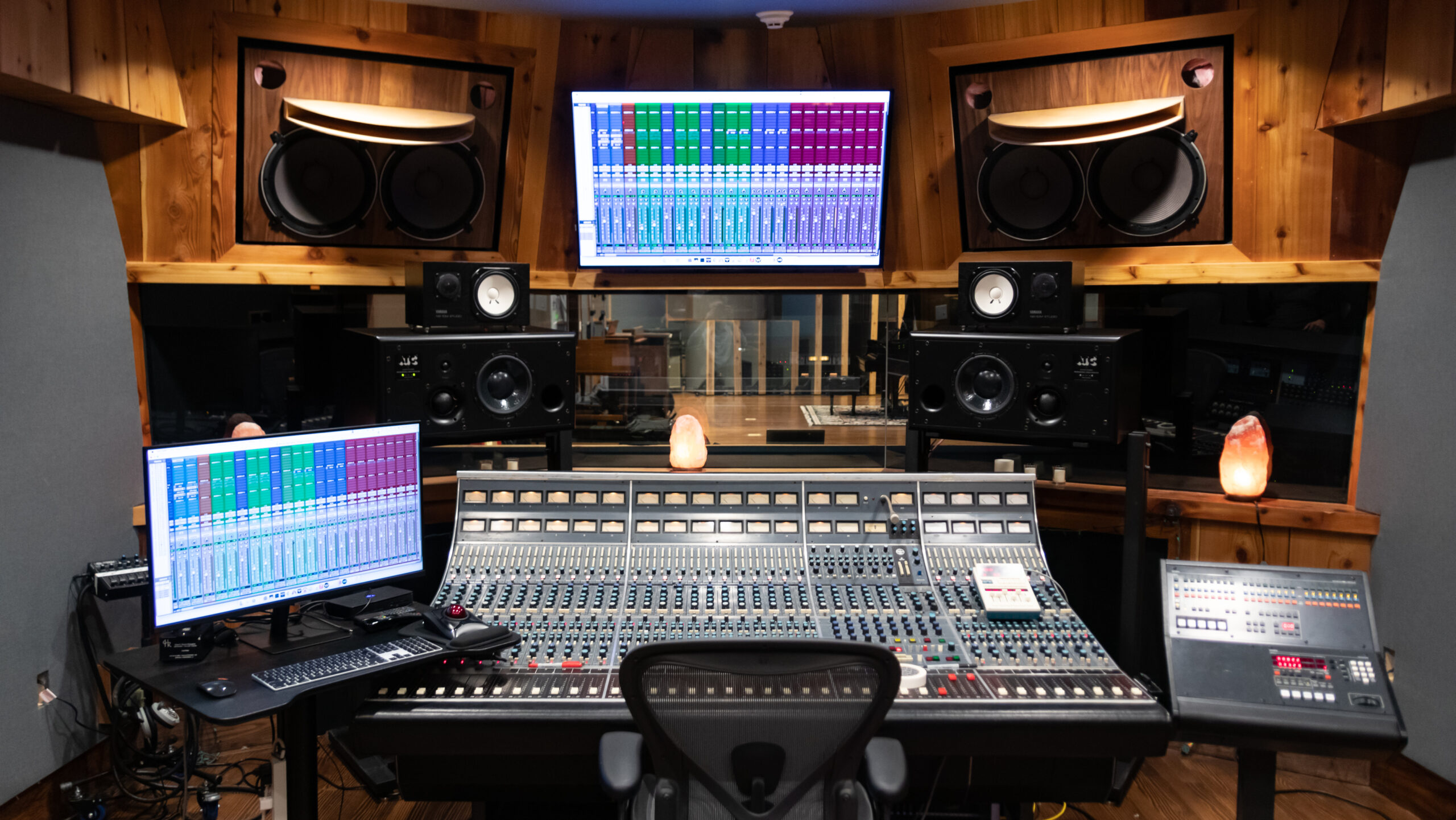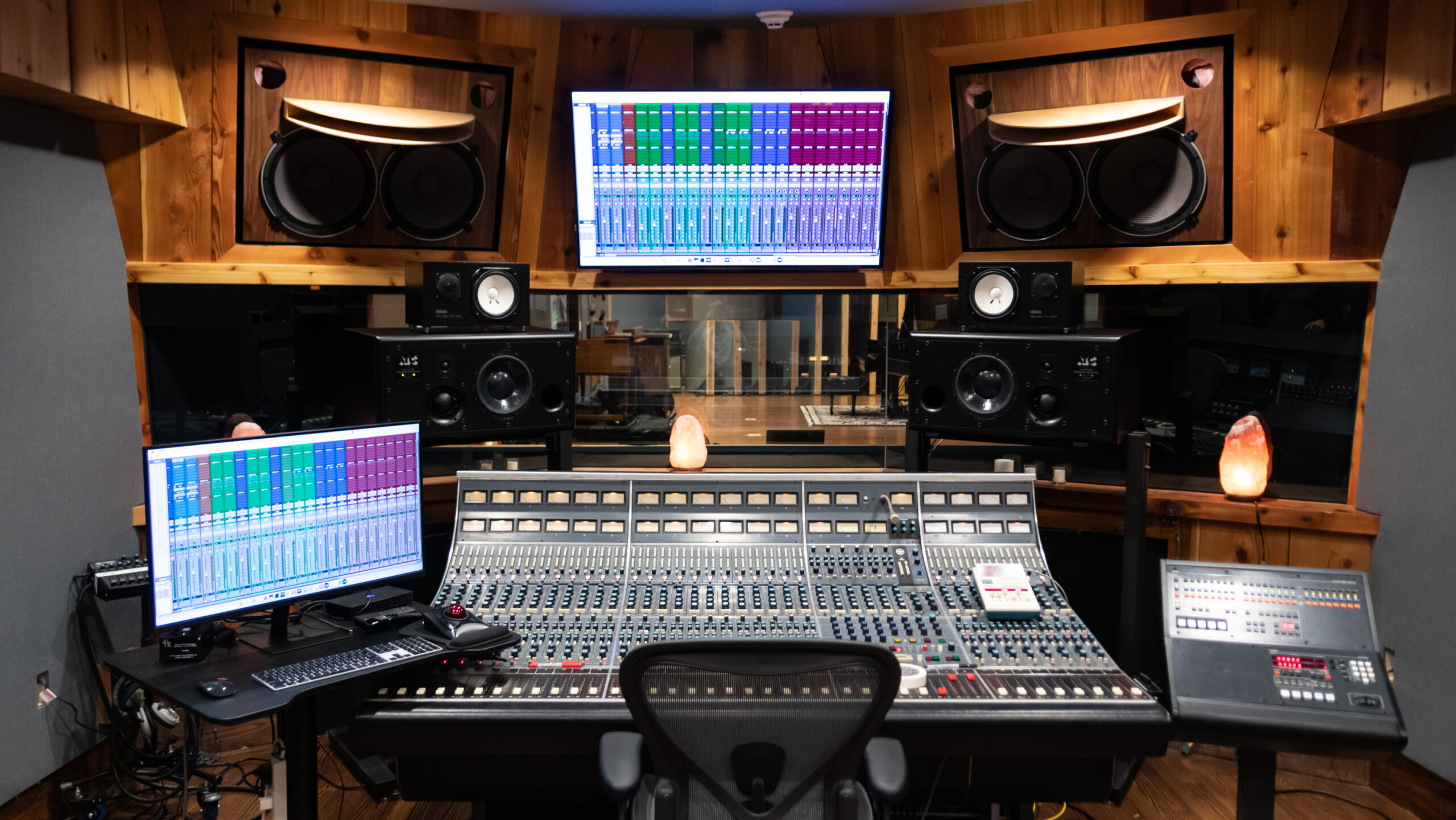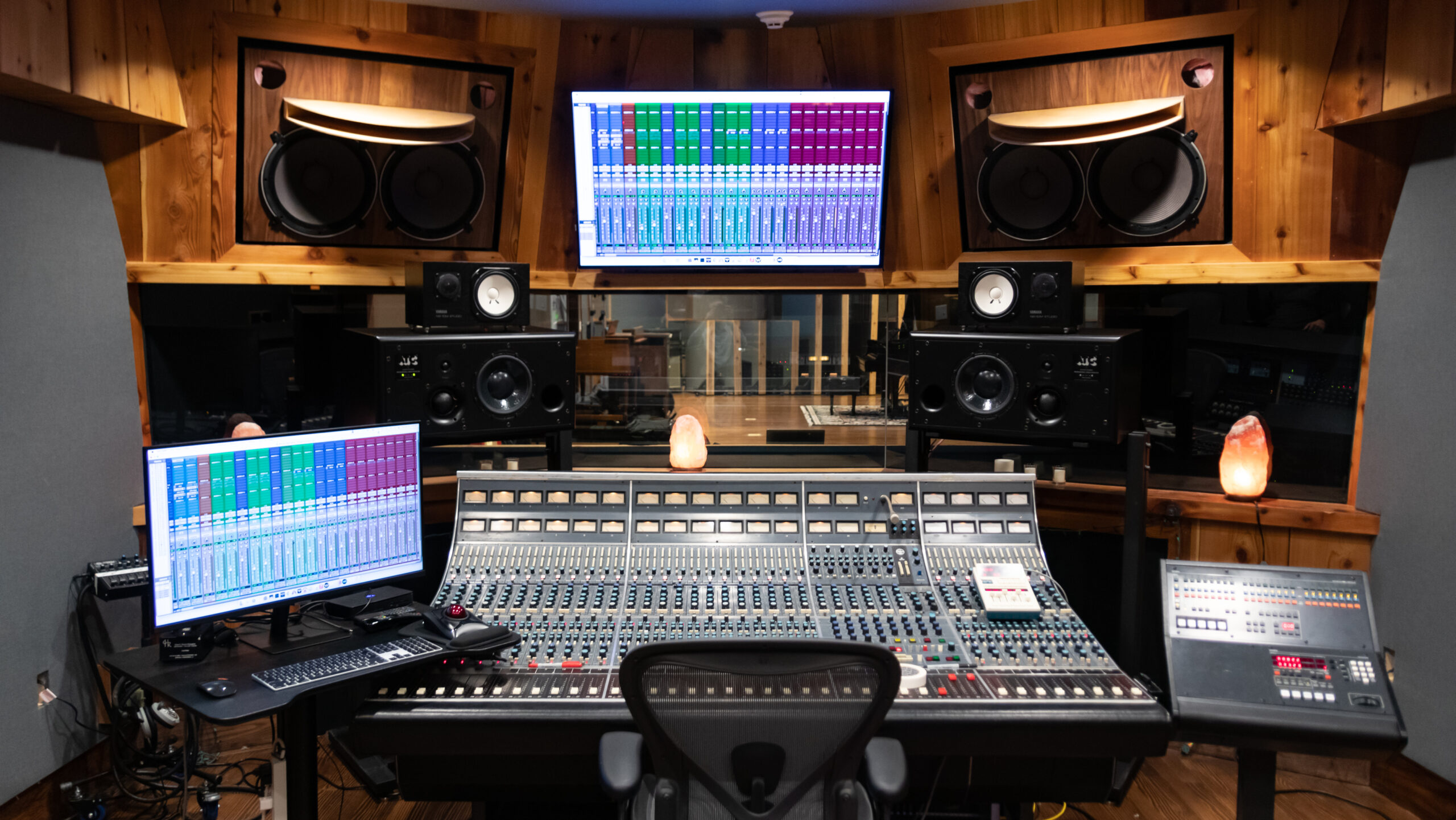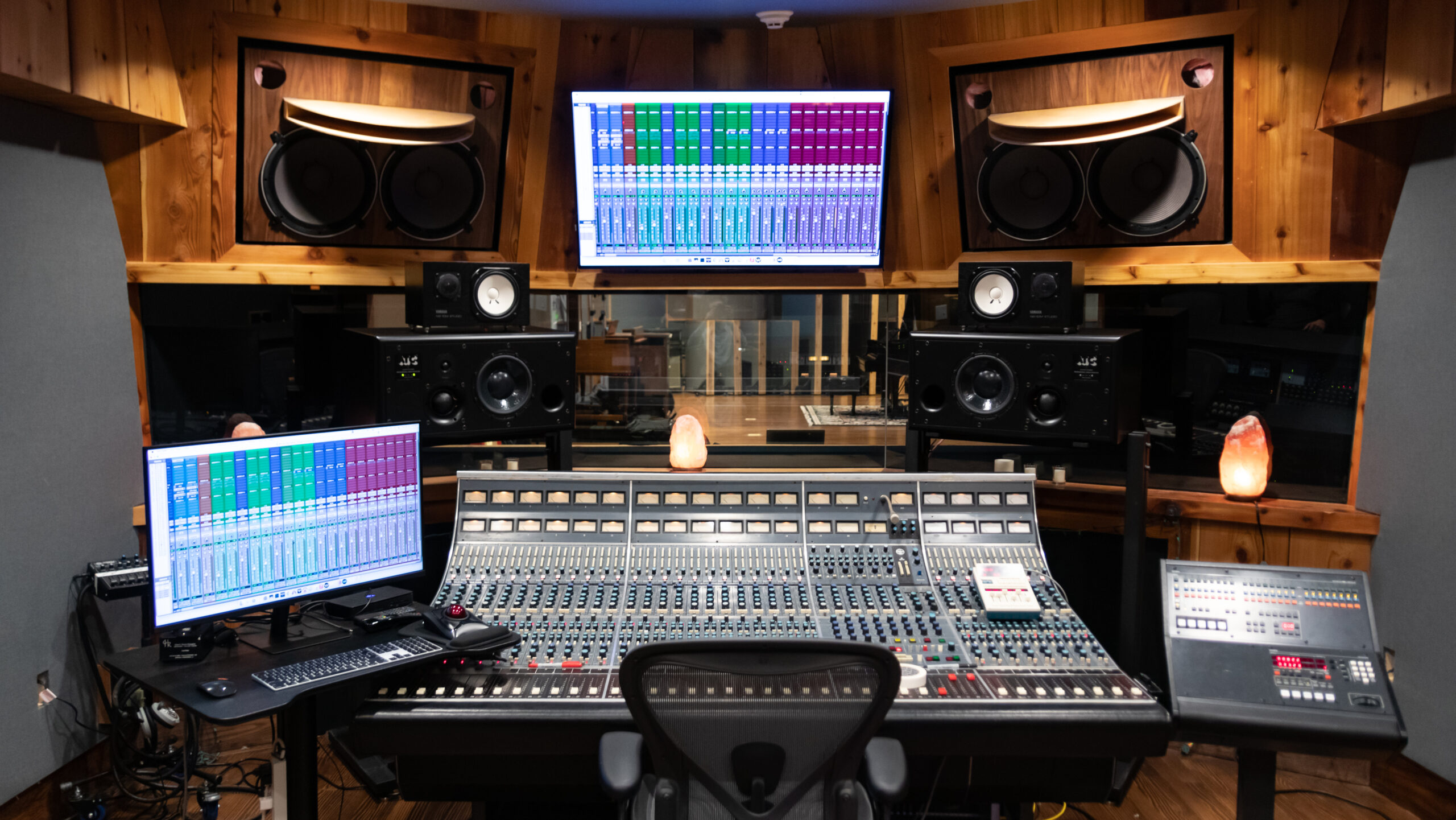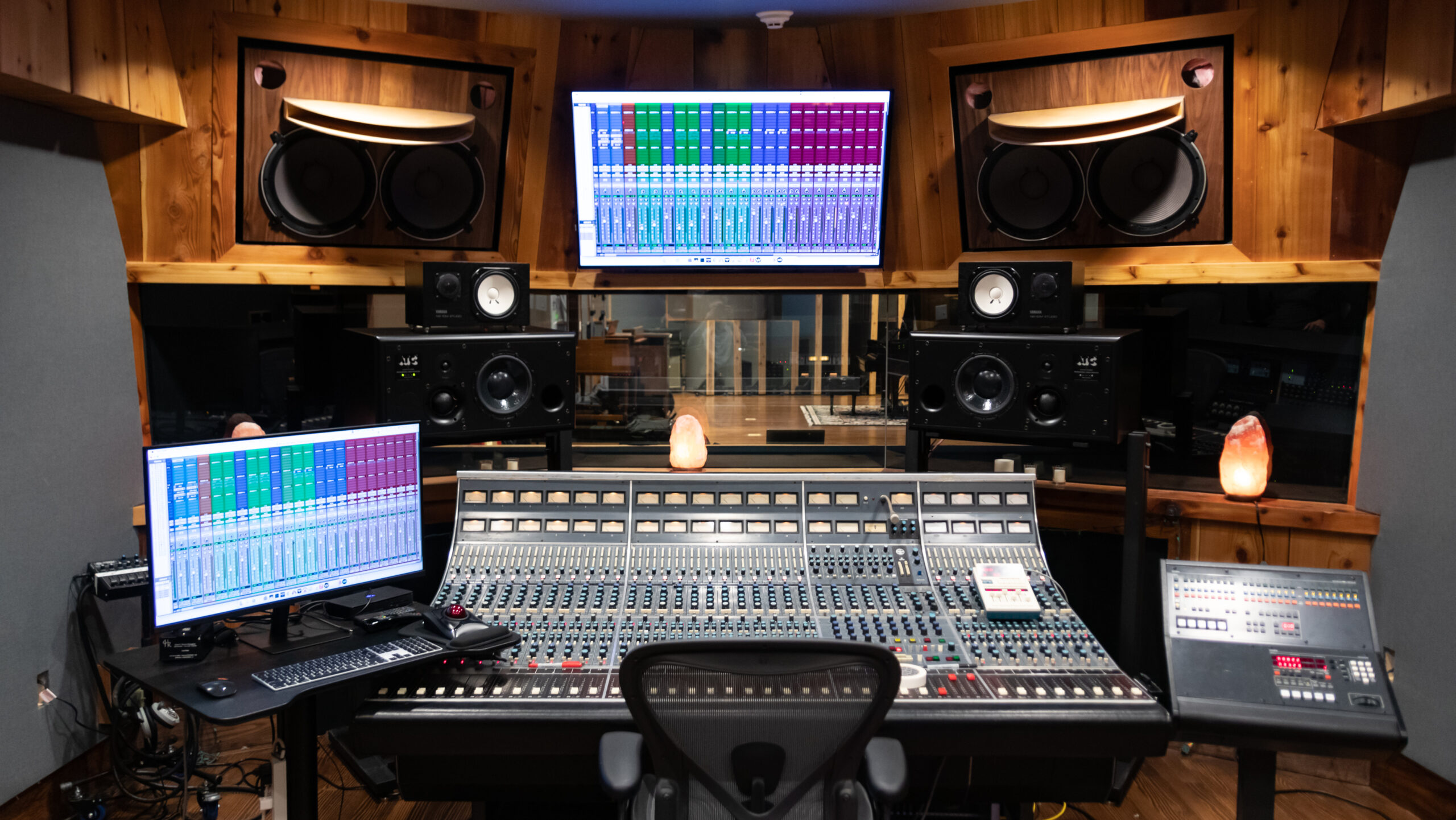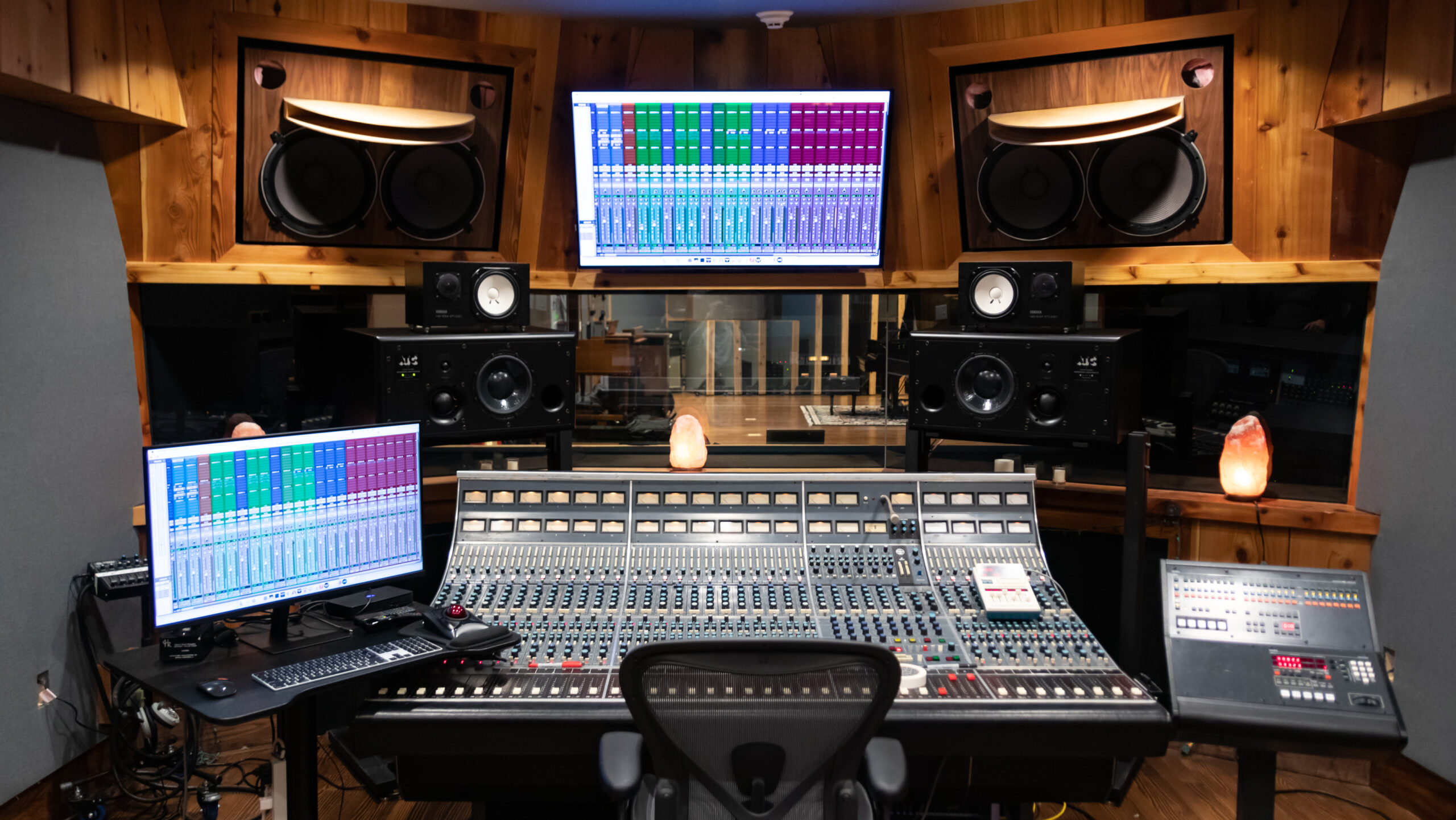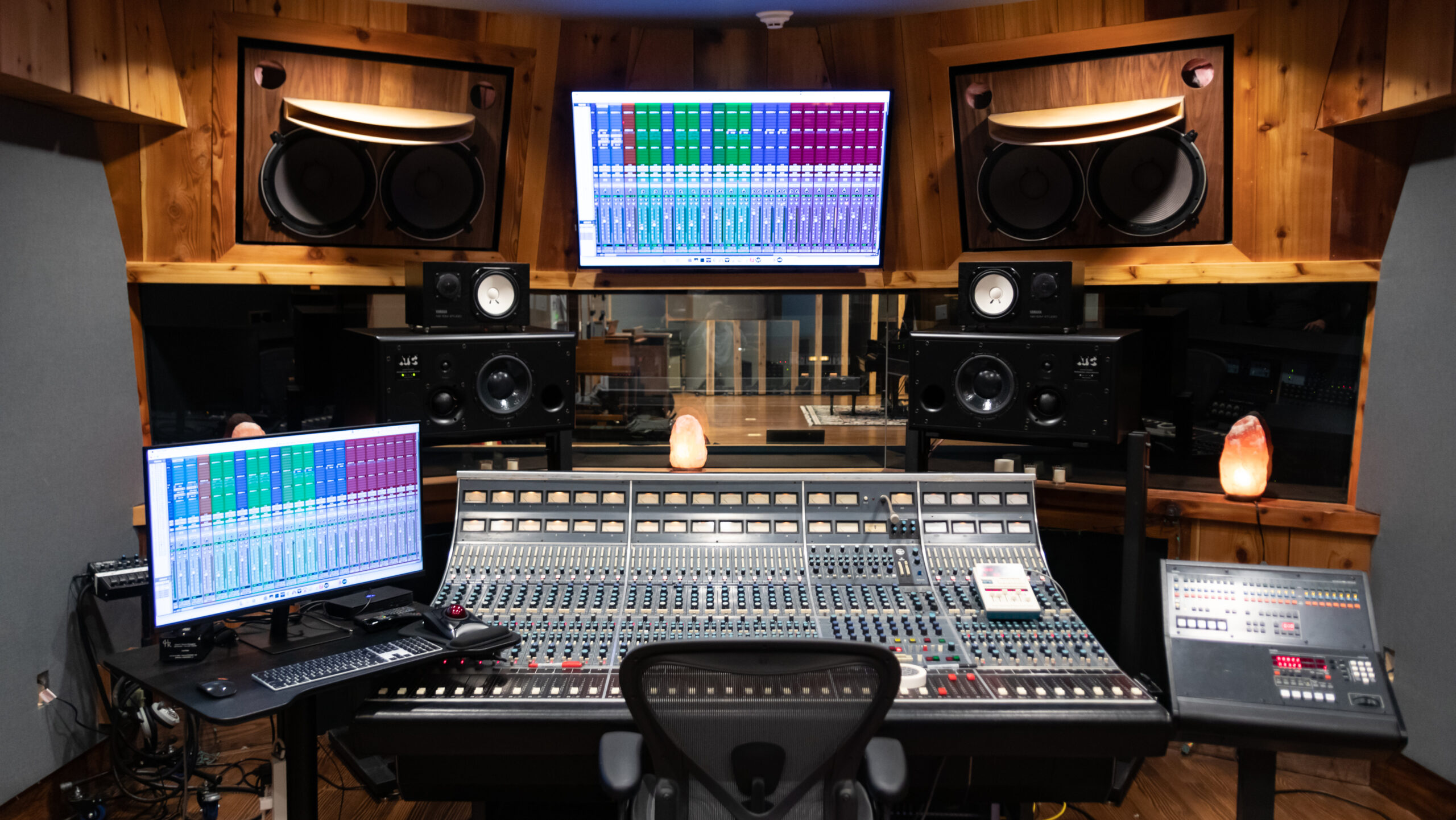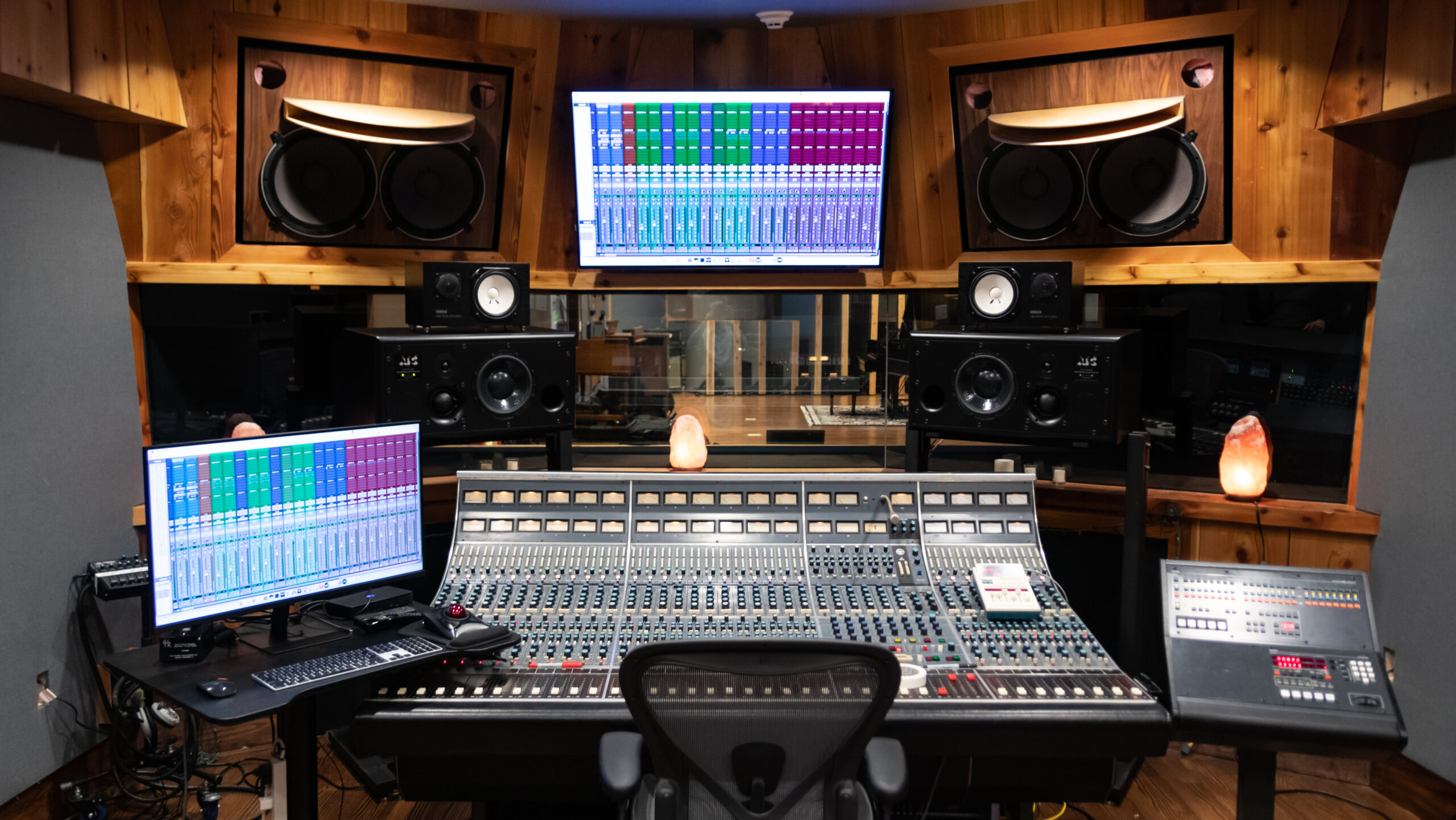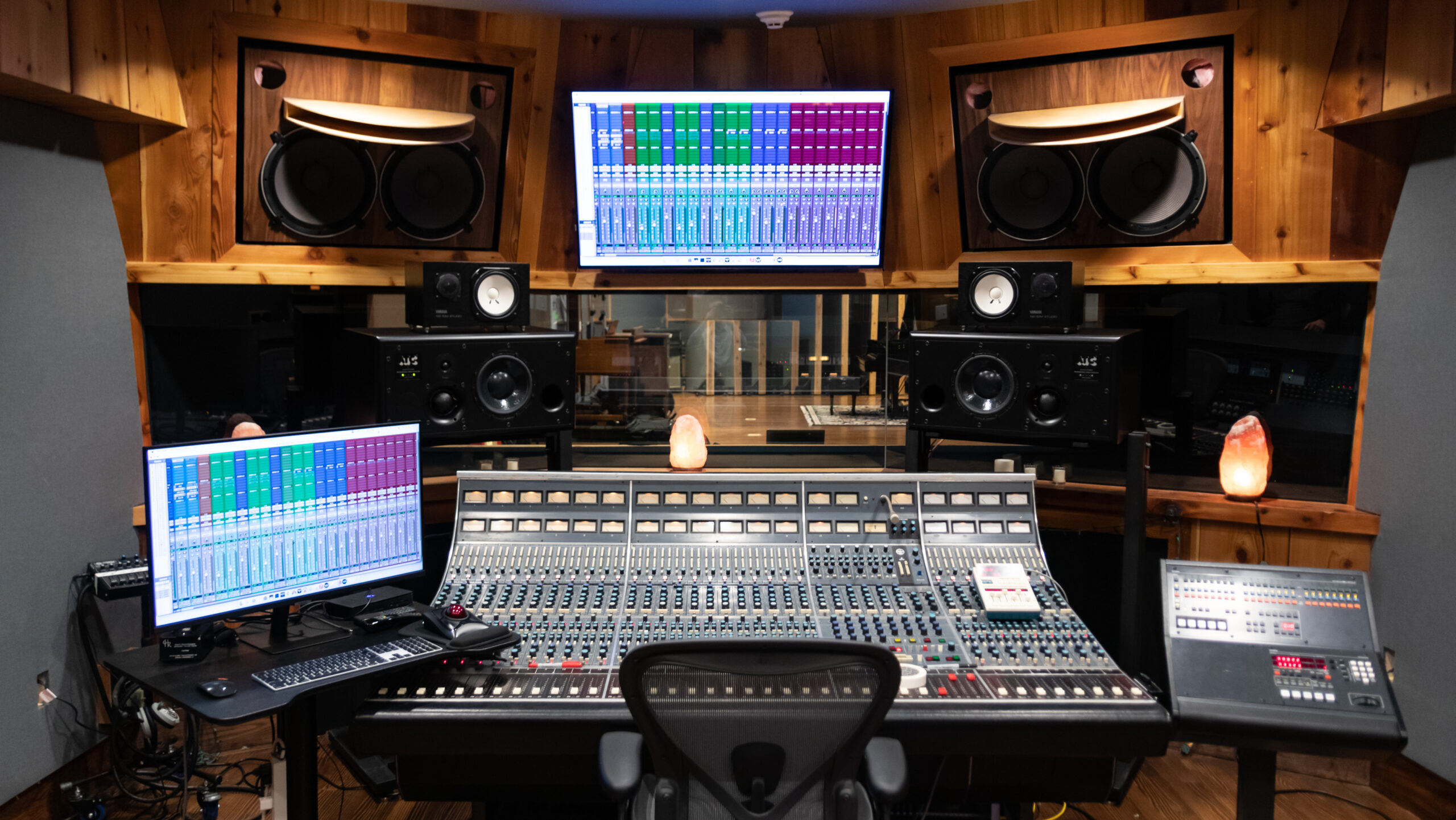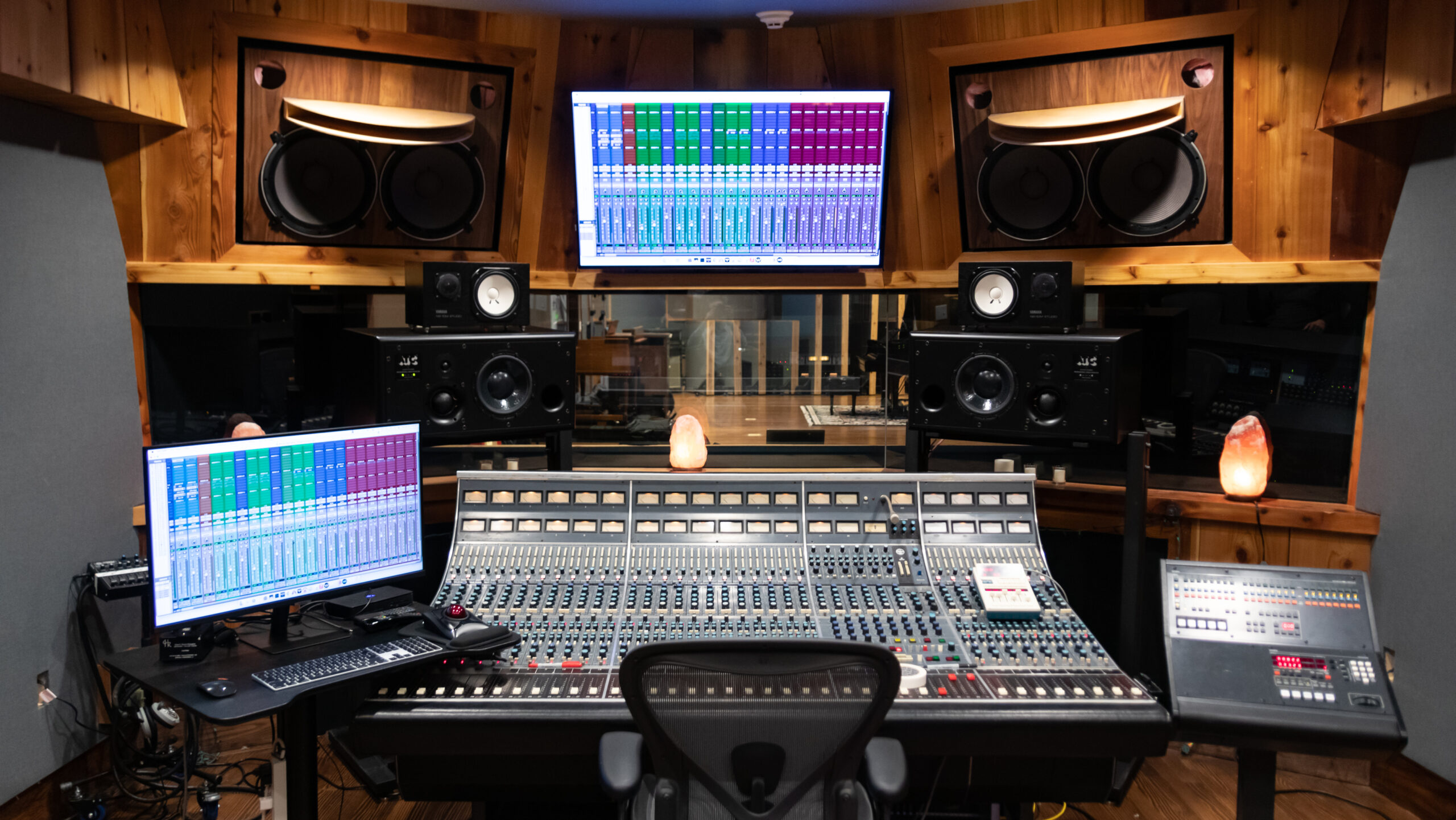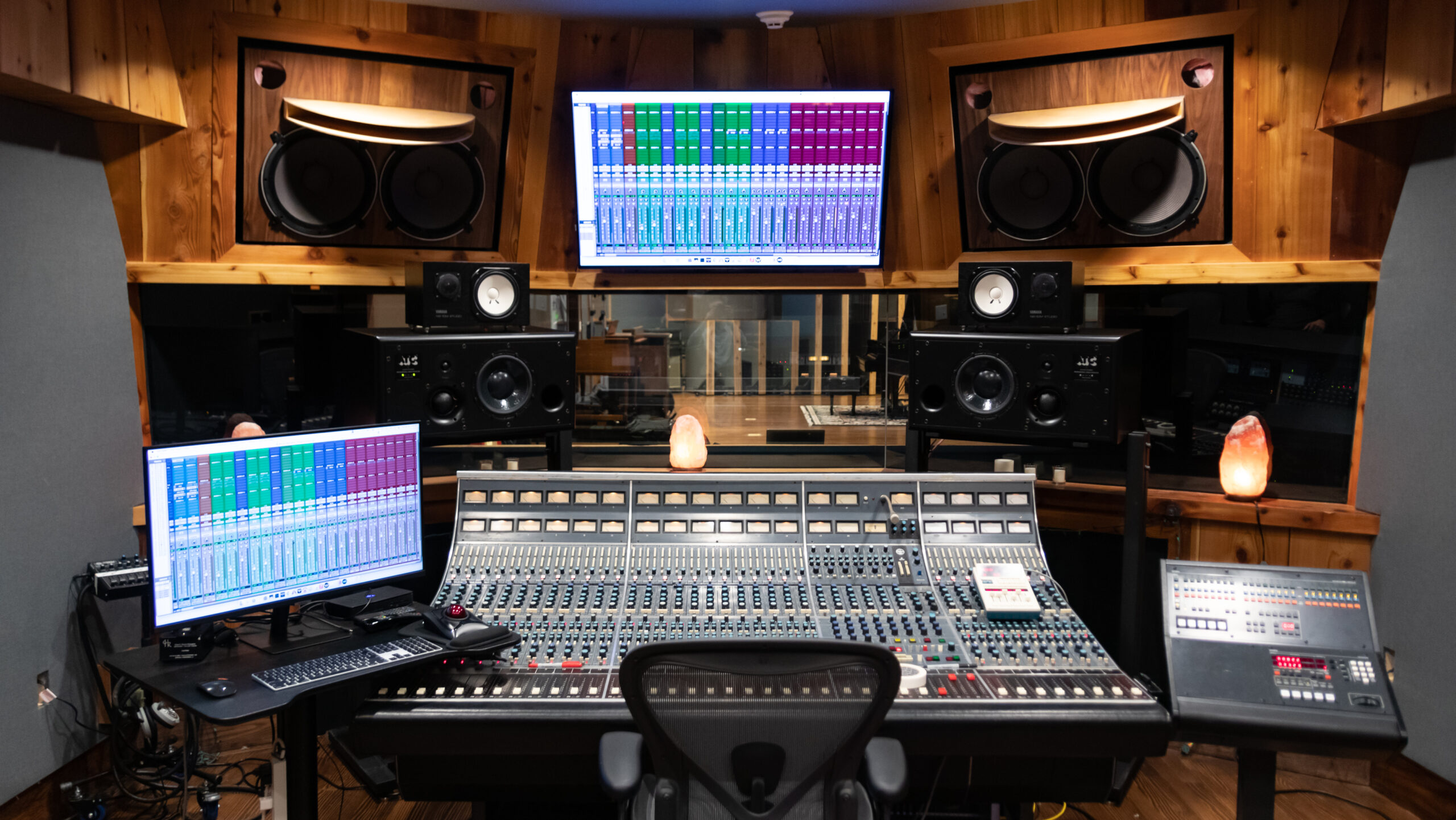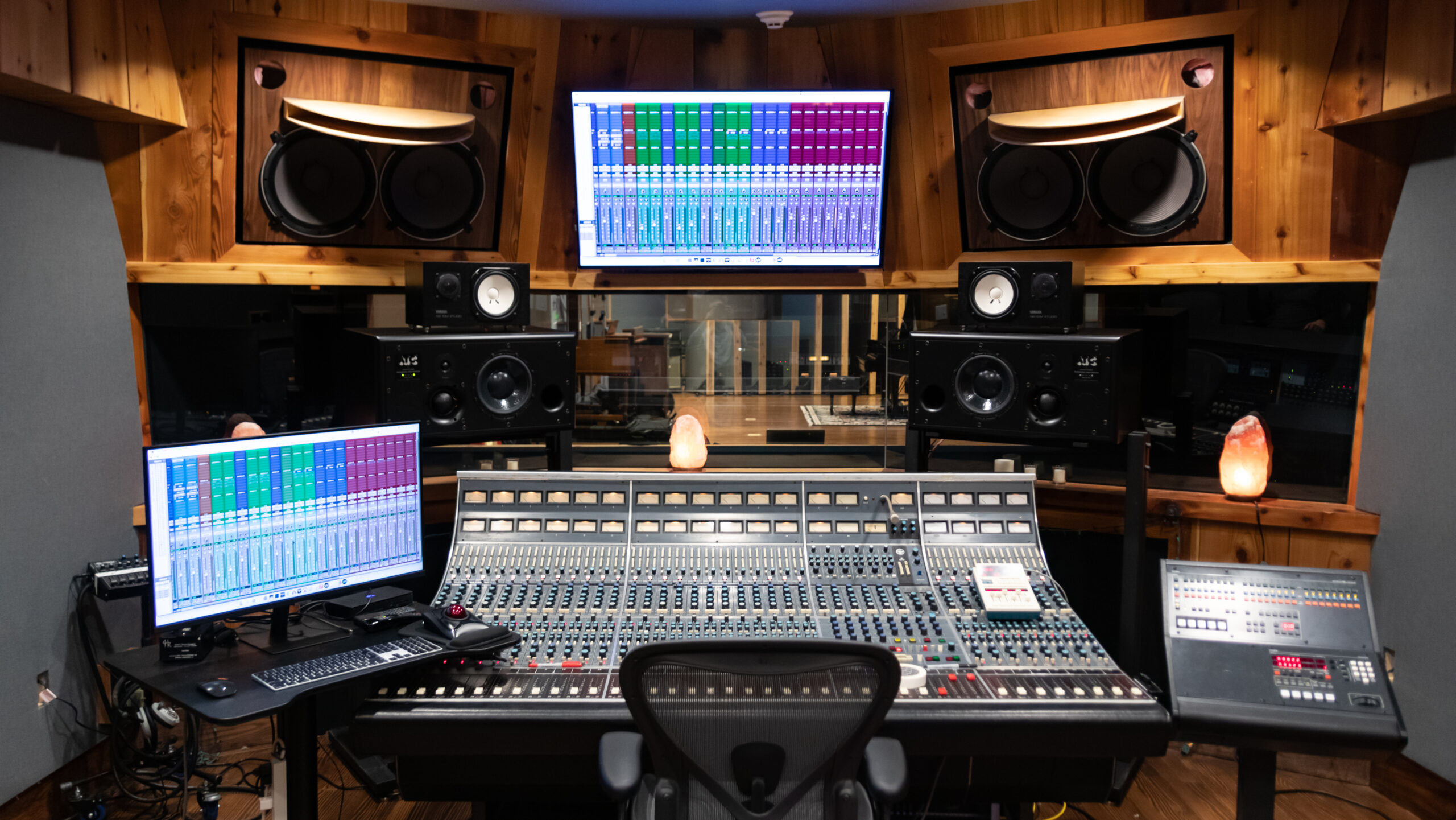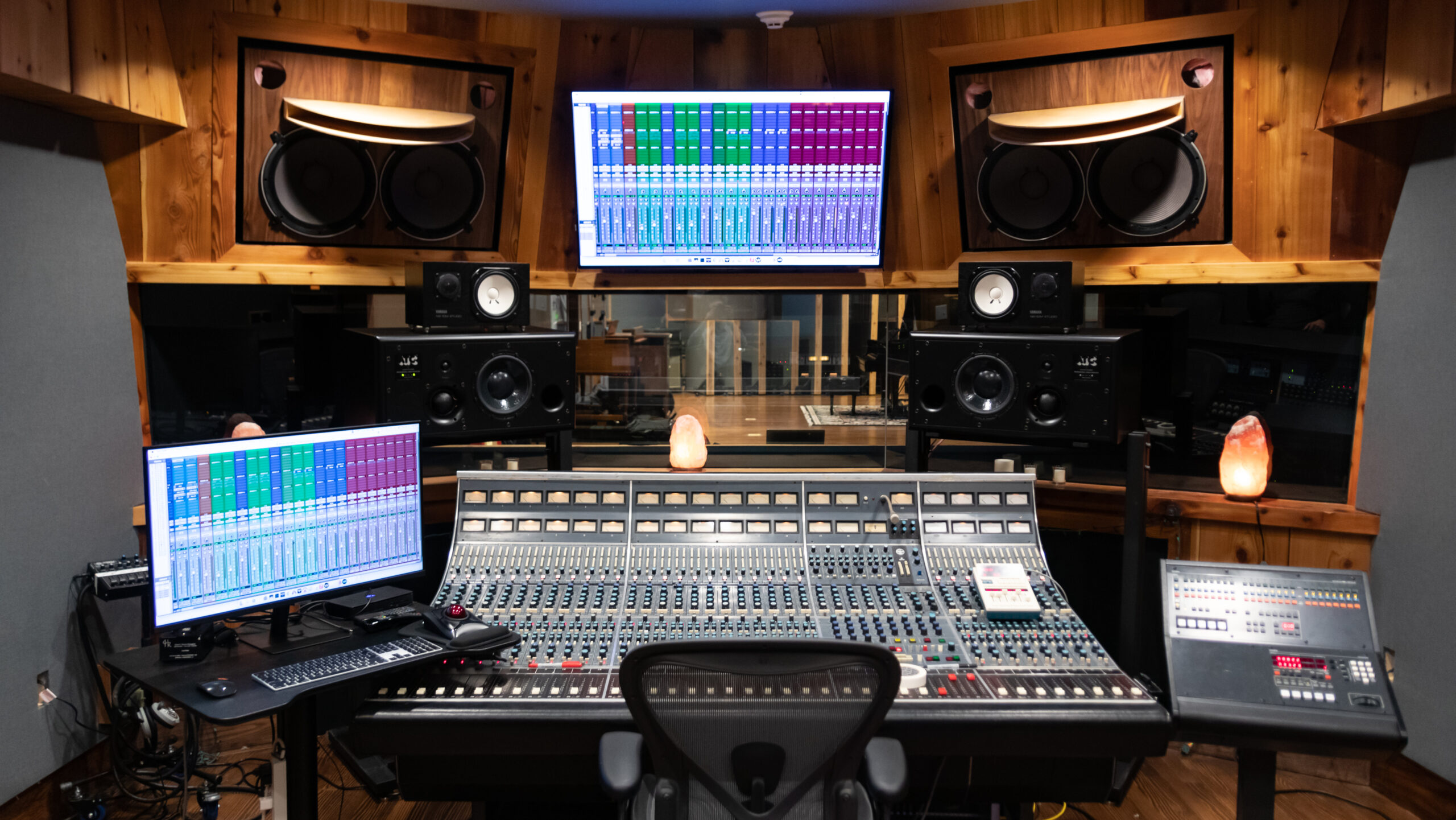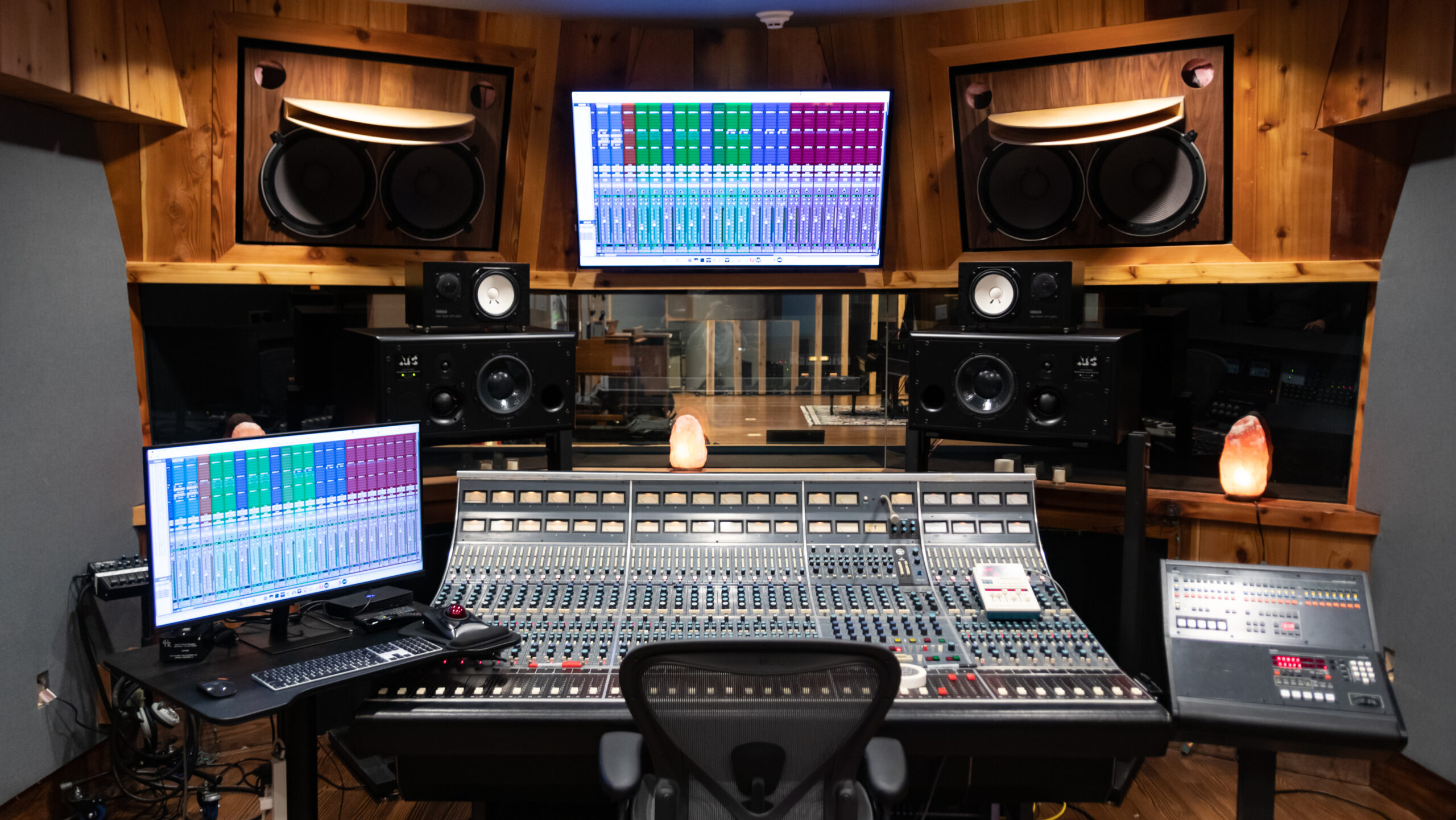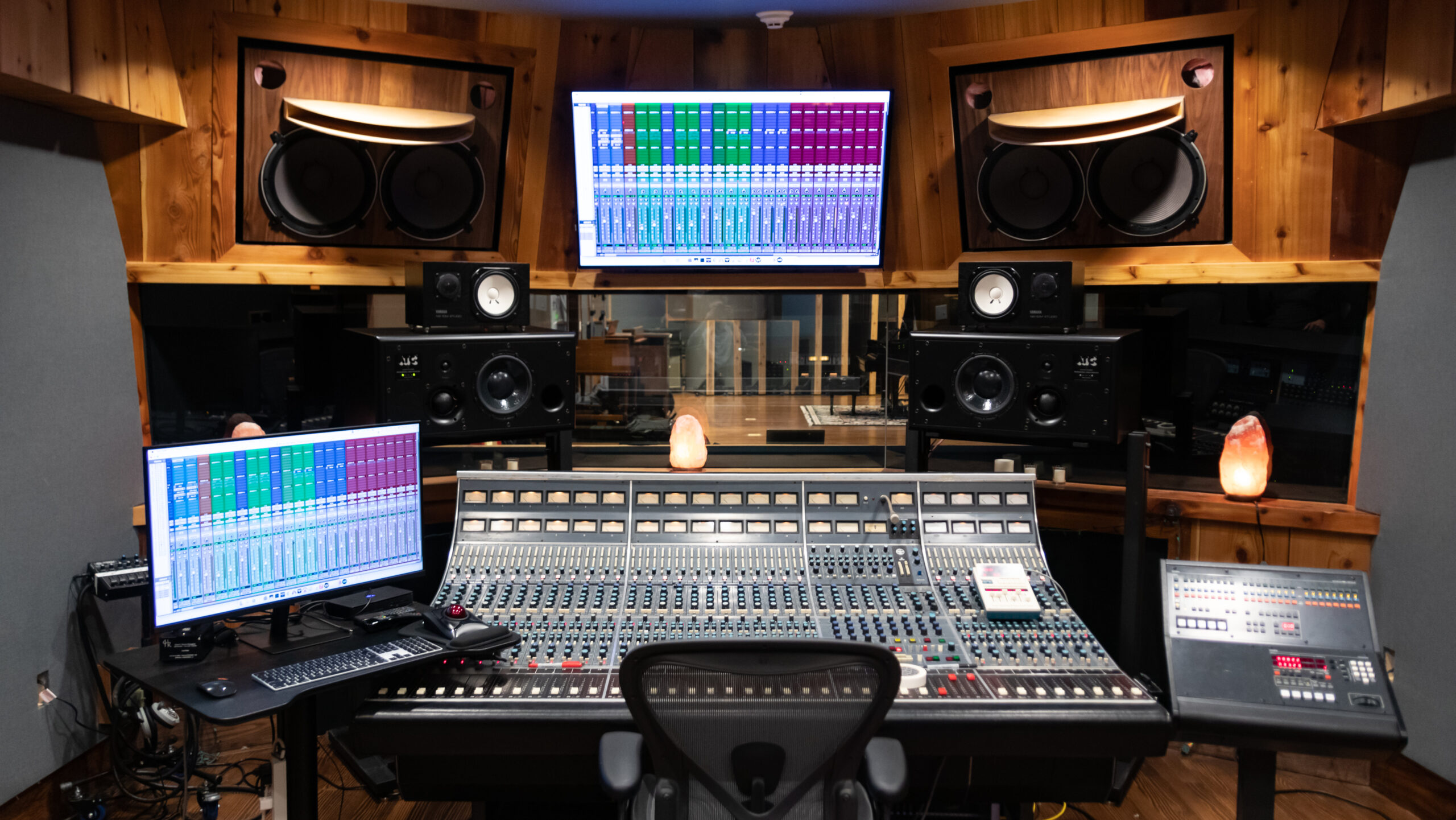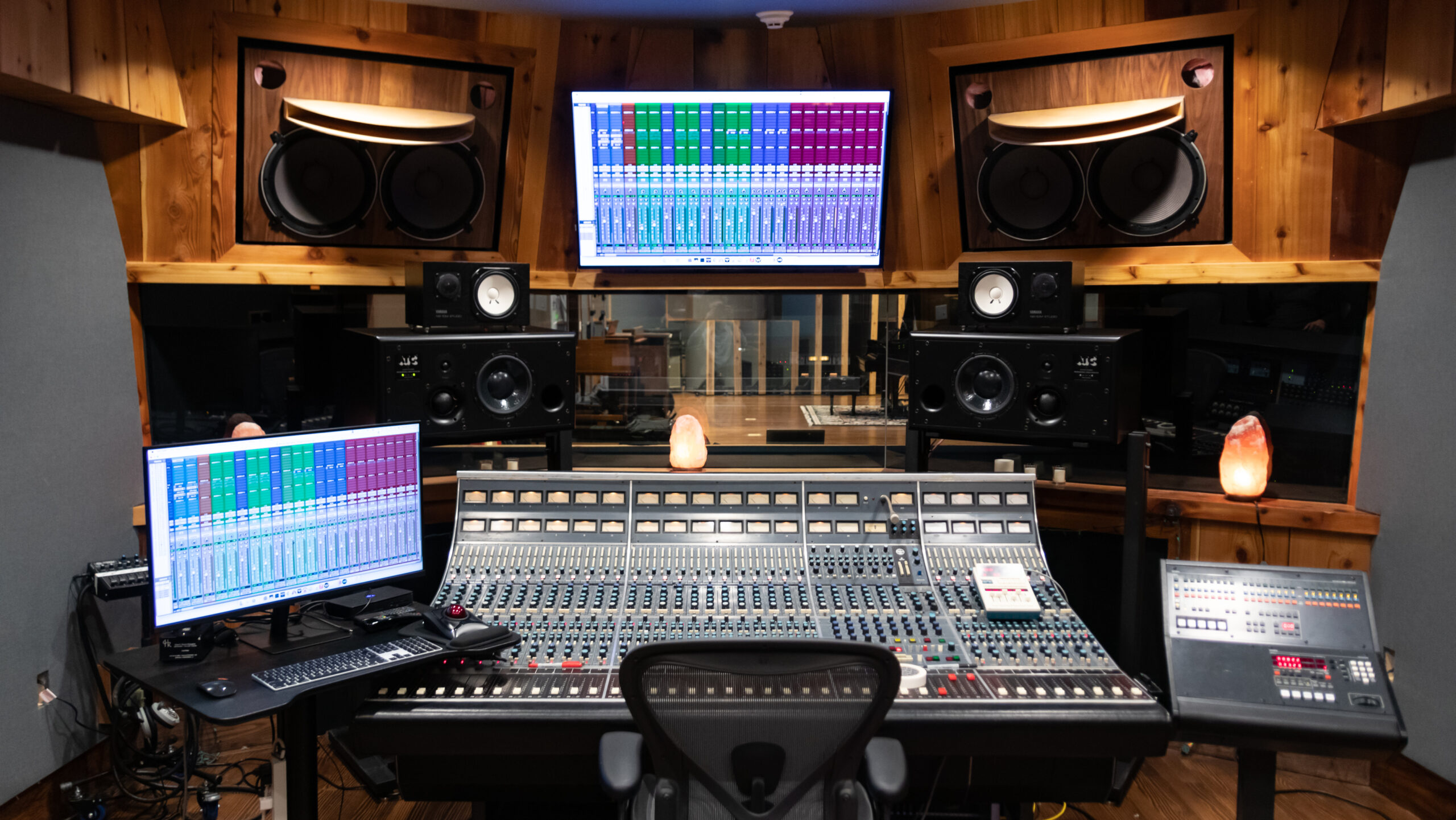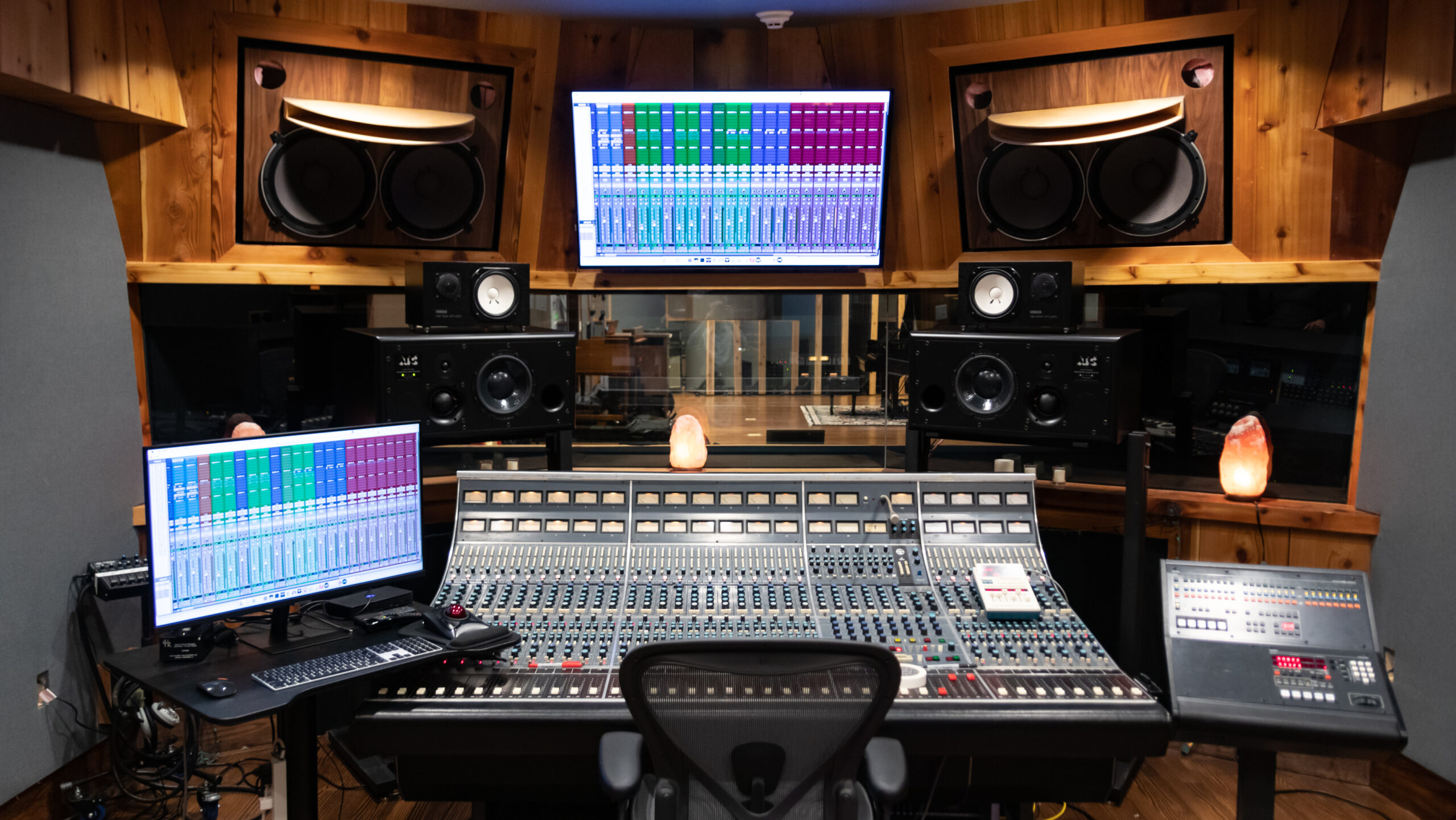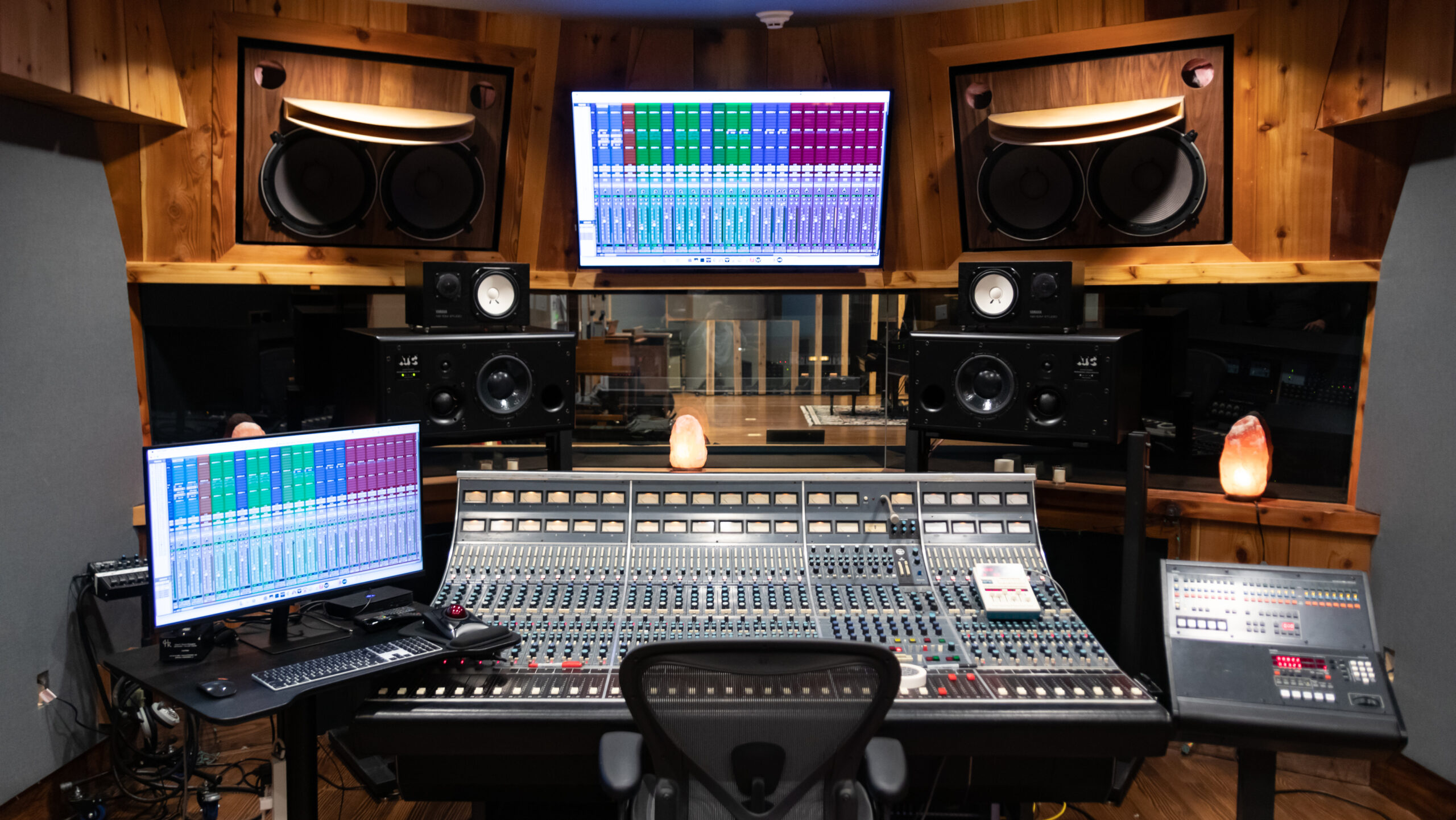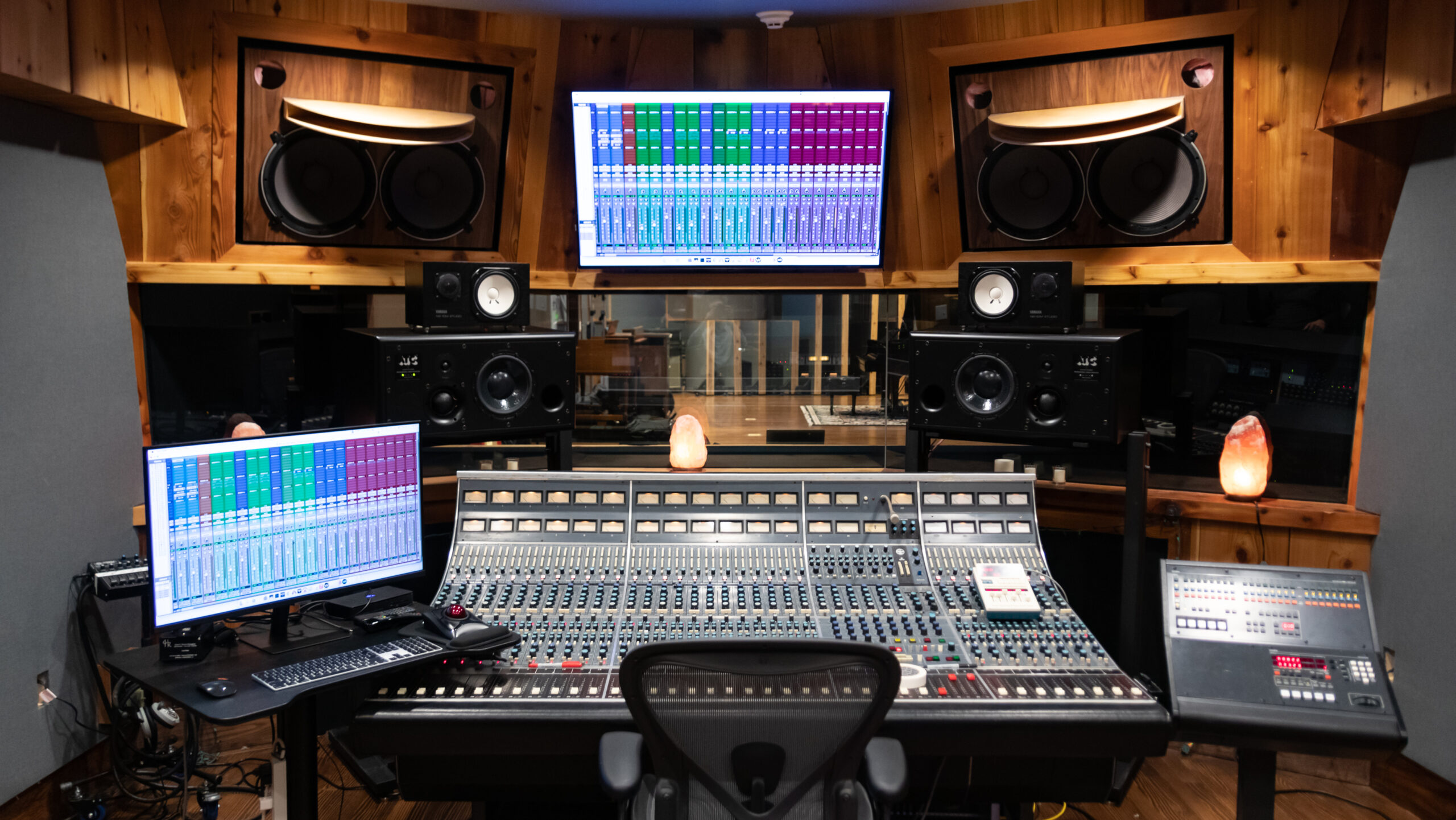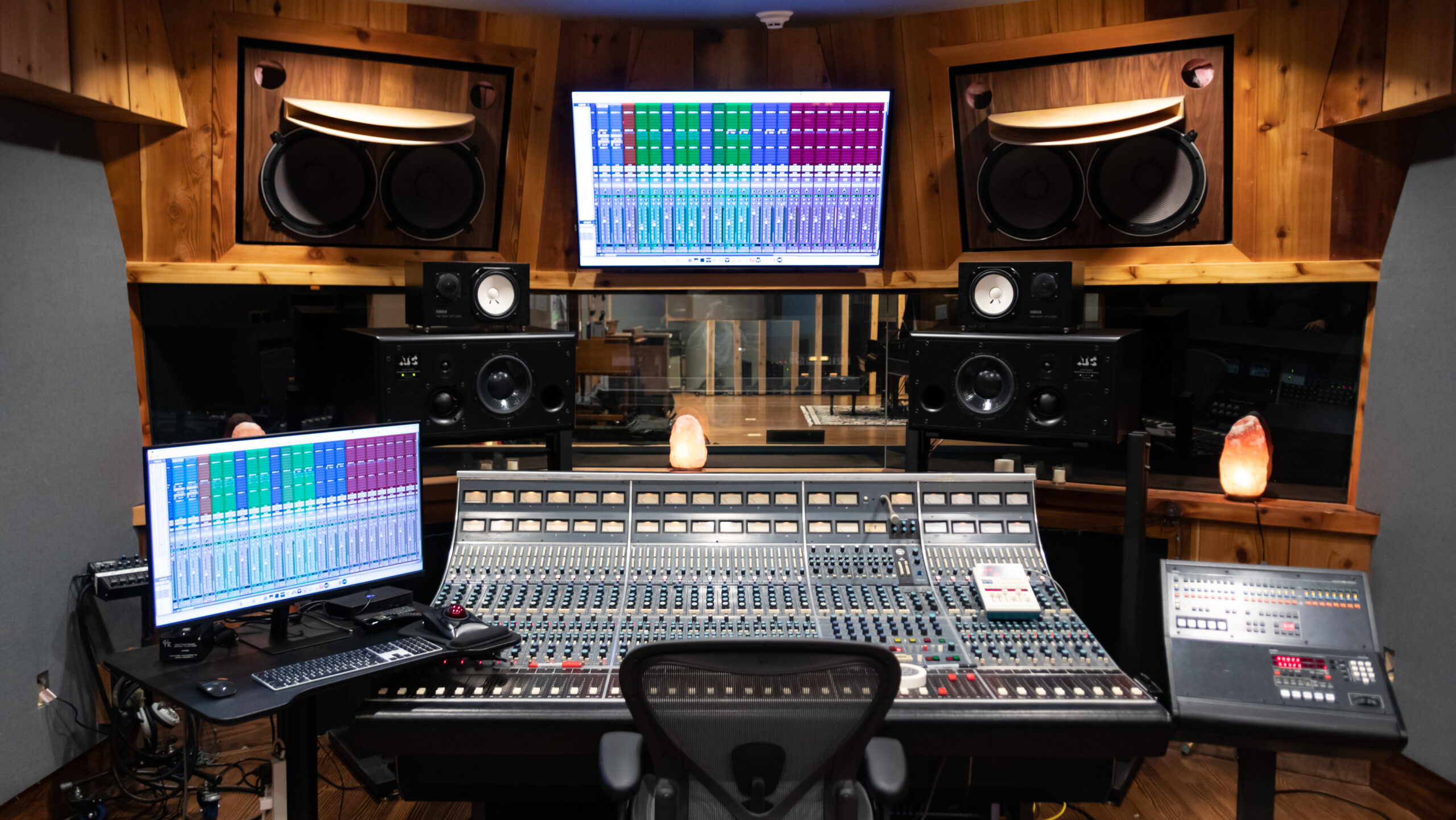The recording industry relies heavily on pristine…
Recording Studio Copyright Insurance: Protecting Your Creative Assets and Business
The music industry is built on creativity, but with that creativity comes significant legal and financial risks. Recording studios face unique challenges when it comes to copyright issues, from unauthorized use of copyrighted material to disputes over ownership of original recordings. Recording studio copyright insurance provides essential protection for studio owners, producers, and engineers against the complex legal landscape of intellectual property in the music business.
Understanding Copyright Risks in Recording Studios
Recording studios operate at the intersection of creativity and commerce, making them particularly vulnerable to copyright-related claims. These risks can arise from multiple sources and situations that are often beyond the studio's direct control.
One of the primary risks involves the unauthorized use of copyrighted material during recording sessions. Musicians may unknowingly incorporate elements from existing copyrighted works, such as melody lines, chord progressions, or even brief samples. While the artist may believe their work is original, copyright holders can later claim infringement, potentially leading to costly legal battles.
Sample clearance issues represent another significant risk area. With the widespread use of digital sampling in modern music production, studios may inadvertently record sessions that include uncleared samples. Even brief snippets of copyrighted material can result in substantial claims, particularly if the resulting recording achieves commercial success.
Work-for-hire disputes can also create copyright complications. When studios work with multiple parties – artists, producers, session musicians, and songwriters – questions may arise about who owns the rights to the final recording. These disputes can become particularly complex when verbal agreements are involved or when contracts are unclear about copyright ownership.
Types of Copyright Insurance Coverage
Recording studio copyright insurance typically includes several key coverage areas designed to address the specific risks faced by music production facilities.
Errors and omissions coverage protects against claims arising from the unauthorized use of copyrighted material. This includes situations where the studio or its clients inadvertently infringe on existing copyrights, whether through sampling, melody similarities, or other forms of alleged copying.
Defense cost coverage is crucial, as copyright litigation can be extremely expensive even when claims are ultimately unsuccessful. This coverage helps pay for legal representation, court costs, and other expenses associated with defending against copyright infringement claims.
Settlement and judgment coverage provides protection when claims result in financial settlements or court-ordered damages. Copyright infringement awards can be substantial, particularly when the allegedly infringing work has generated significant revenue.
Media liability coverage extends protection to include claims related to the content of recordings, such as defamation, invasion of privacy, or other content-related legal issues that may arise from recorded material.
Industry-Specific Considerations
Recording studios face unique challenges that distinguish them from other creative businesses. The collaborative nature of music production means that multiple parties may have legitimate claims to copyright ownership, creating potential for disputes even when all parties act in good faith.
The global nature of the music industry adds another layer of complexity. Copyright laws vary between countries, and recordings may be distributed internationally, potentially exposing studios to claims under different legal systems with varying standards and remedies.
Technology continues to evolve rapidly in the music industry, creating new forms of potential copyright infringement. From AI-assisted composition to advanced sampling techniques, studios must navigate an increasingly complex technological landscape while maintaining appropriate insurance protection.
Risk Management Best Practices
While insurance provides essential protection, recording studios should also implement comprehensive risk management practices to minimize their exposure to copyright claims.
Maintaining detailed documentation of all recording sessions, including contracts, clearances, and creative processes, can provide valuable evidence in the event of a dispute. This documentation should include information about all participants, their contributions, and any agreements regarding copyright ownership.
Implementing clear contracts and agreements with all parties involved in recording sessions helps establish copyright ownership and responsibilities from the outset. These agreements should address work-for-hire arrangements, credit requirements, and revenue sharing where applicable.
Sample clearance procedures should be established and followed consistently. This includes maintaining databases of cleared samples, working with experienced music attorneys for complex clearances, and ensuring that all necessary permissions are obtained before recordings are finalized.
Regular legal reviews of studio practices and procedures can help identify potential areas of risk and ensure that copyright protection measures remain current with industry developments and legal changes.
Claims Examples and Case Studies
Understanding how copyright claims can arise helps illustrate the importance of appropriate insurance coverage. In one common scenario, a recording studio worked with an independent artist who incorporated a melody line that closely resembled a well-known song. The original copyright holder filed suit several months after the recording was released, claiming infringement. The studio's copyright insurance covered the legal defense costs and ultimately the settlement amount.
Another typical situation involves sample clearance issues. A producer working at a studio used what they believed was a royalty-free sample, but it later emerged that the sample contained copyrighted material. The resulting claim required extensive legal defense and ultimately resulted in a significant settlement, all of which was covered under the studio's copyright insurance policy.
Work-for-hire disputes can also generate claims. In one case, a session musician claimed ownership rights to a recording, arguing that their contribution was substantial enough to warrant co-authorship. The dispute required legal resolution and resulted in a settlement that included both monetary compensation and ongoing royalty arrangements.
Policy Selection and Coverage Limits
Selecting appropriate copyright insurance requires careful consideration of the studio's specific risk profile and business model. Studios that work primarily with major label artists may face different risks than those focusing on independent musicians or commercial work.
Coverage limits should reflect the potential financial exposure from copyright claims. This includes considering not only the direct costs of legal defense and settlements but also the potential impact on the studio's reputation and future business opportunities.
Deductibles and self-insured retentions should be set at levels that balance premium costs with the studio's financial capacity to handle smaller claims internally.
Policy terms and exclusions require careful review to ensure that coverage aligns with the studio's actual operations and risk exposures. Some policies may exclude certain types of music or specific activities, making it important to match coverage to business needs.
Working with Insurance Professionals
Given the complexity of copyright law and the specialized nature of recording studio operations, working with insurance professionals who understand the music industry is essential. These specialists can help identify specific risk exposures and recommend appropriate coverage options.
Regular policy reviews ensure that coverage remains adequate as the studio's operations evolve. Changes in technology, client base, or business model may require adjustments to insurance coverage.
Claims management support from experienced professionals can be invaluable when copyright disputes arise. Quick response and appropriate legal representation can often minimize the ultimate cost and impact of claims.
Cost Factors and Premium Considerations
Several factors influence the cost of recording studio copyright insurance. The size and scope of the studio's operations, including the volume of recordings produced and the types of clients served, directly impact premium calculations.
The studio's claims history and risk management practices also affect pricing. Studios with comprehensive risk management procedures and clean claims histories typically qualify for more favorable rates.
Geographic location can influence costs, as legal environments and litigation trends vary by jurisdiction. Studios in areas with higher litigation rates or more plaintiff-friendly courts may face higher premiums.
The specific coverage limits and policy terms selected significantly impact costs. Higher limits and broader coverage naturally result in higher premiums, but may provide better protection against catastrophic losses.
Integration with Other Insurance Coverage
Recording studio copyright insurance should be coordinated with other business insurance policies to ensure comprehensive protection without unnecessary gaps or overlaps.
General liability insurance may provide some protection for certain types of claims, but typically excludes professional liability and copyright-specific risks. Professional indemnity insurance can complement copyright coverage by addressing other forms of professional negligence claims.
Property insurance protects the studio's physical assets, while business interruption coverage can help maintain operations if copyright disputes force temporary shutdowns or restrict certain activities.
Cyber liability insurance becomes increasingly important as studios digitize their operations and store valuable intellectual property electronically.
Future Considerations and Industry Trends
The music industry continues to evolve rapidly, creating new forms of copyright risk that studios must consider. Artificial intelligence in music creation raises questions about copyright ownership and infringement that are still being resolved in courts and legislatures.
Streaming and digital distribution have changed how music is consumed and monetized, potentially affecting the calculation of damages in copyright disputes. Studios must ensure their insurance coverage adapts to these changing revenue models.
International expansion of digital music platforms means that recordings may be distributed globally, potentially exposing studios to copyright claims under multiple legal systems.
Conclusion
Recording studio copyright insurance provides essential protection against the complex legal and financial risks inherent in music production. From unauthorized use of copyrighted material to disputes over ownership of original recordings, studios face numerous potential exposures that can result in costly legal battles and significant financial losses.
Comprehensive coverage should include protection for errors and omissions, defense costs, settlements and judgments, and related media liability exposures. Working with insurance professionals who understand the music industry ensures that coverage is tailored to the studio's specific needs and risk profile.
While insurance provides crucial protection, it should be combined with robust risk management practices, including clear contracts, proper documentation, and appropriate clearance procedures. Regular policy reviews and updates ensure that coverage remains adequate as the industry and the studio's operations continue to evolve.
For recording studios serious about protecting their business and creative assets, copyright insurance represents a vital investment in long-term sustainability and success. The cost of appropriate coverage is minimal compared to the potential financial and reputational damage that can result from copyright disputes in today's complex music industry landscape.
Get Expert Insurance Advice
For specialist advice on recording studio copyright insurance and comprehensive commercial insurance solutions, contact Insure24 at 0330 127 2333 or visit www.insure24.co.uk


 0330 127 2333
0330 127 2333
